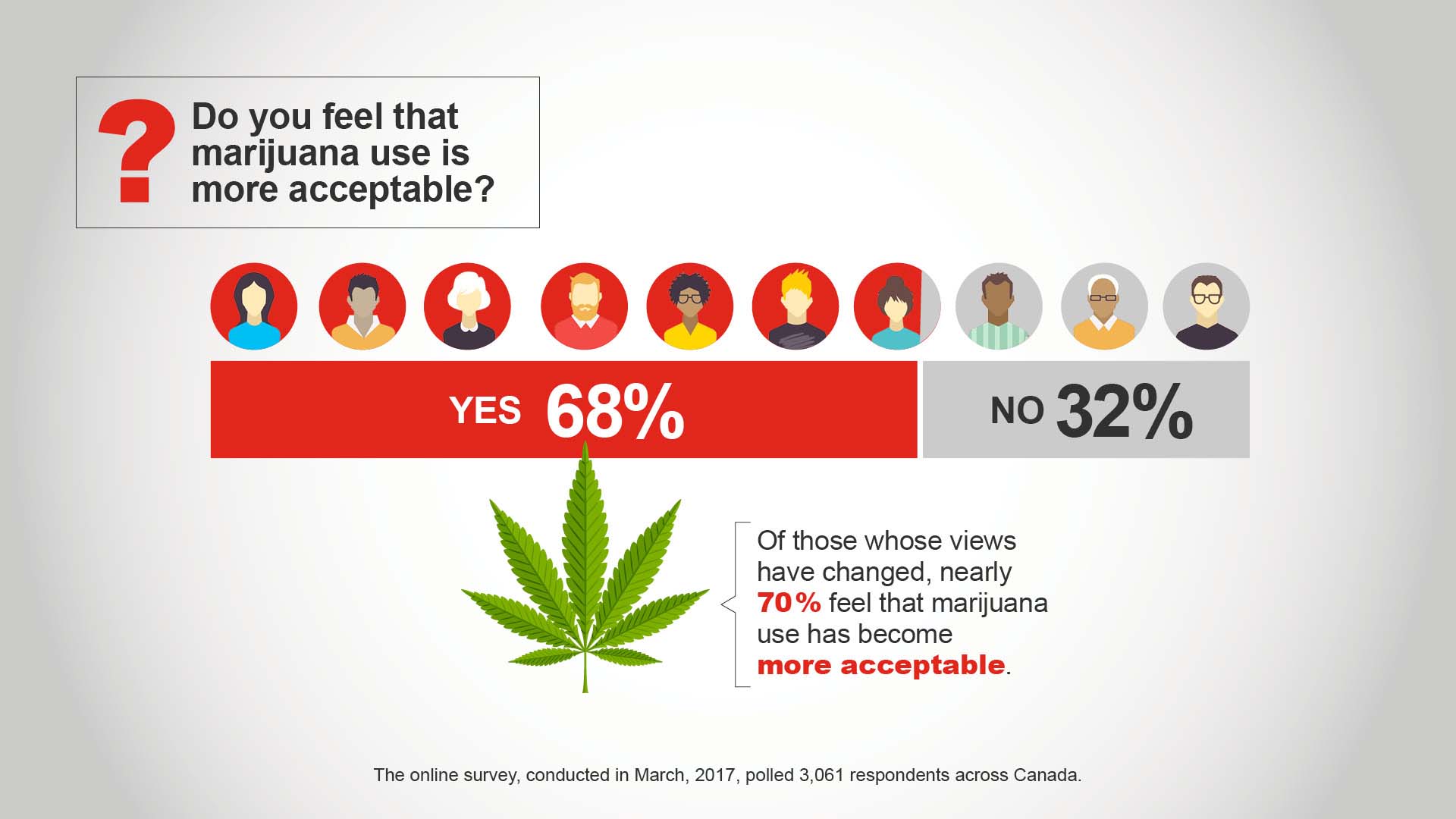
Suggest to your friend that they stay overnight at your home. They can always come back for their car the next day. Make suggestions to your friends that you drive them home. If a friend has been drinking, you should see to it that he or she does not drive.
 Q: What can I do if I know that someone has had too much alcohol to drink and is going to drive?Ī: REMEMBER: when people choose to drink and then drive, they become potential dangers not only to themselves but also to others. What about possession of alcohol or using a fake ID?. What types of drugs can affect a person's driving ability?. Is it true that alcohol is really a drug?. Isn't it true that alcohol is digested like food?. Isn't it true that coffee, fresh air or a cold shower will help a person become sober?. At what blood alcohol level is someone actually impaired?. What can I do if I know that someone has had too much alcohol to drink and is going to drive?. Just how much do you really know about impaired driving? The average person's knowledge of how alcohol and other drugs affect their driving ability is often clouded by myths, half-truths, and just plain misinformation. The driver's age, weight, emotional state, the amount of the drug and when it was taken, are all factors which influence the ability to drive safely. The effects of a drug vary significantly from one individual to the next, and may even vary in the same individual at different times. Antihistamines and a variety of other medications can affect the mental and physical skills needed for safe driving-even some over-the-counter medicines can affect driving. Have you just taken an over-the-counter drug for your cold? Did you read the label to see if there are any side effects such as drowsiness? Should you think twice before driving while on ANY medication? The answer is YES. Safe driving requires a steady hand, a clear head and an observant eye. Driving safely requires a combination of concentration and motor skills, a great deal of common sense, a courteous attitude, and a concern for the safety of everyone on the road.
Q: What can I do if I know that someone has had too much alcohol to drink and is going to drive?Ī: REMEMBER: when people choose to drink and then drive, they become potential dangers not only to themselves but also to others. What about possession of alcohol or using a fake ID?. What types of drugs can affect a person's driving ability?. Is it true that alcohol is really a drug?. Isn't it true that alcohol is digested like food?. Isn't it true that coffee, fresh air or a cold shower will help a person become sober?. At what blood alcohol level is someone actually impaired?. What can I do if I know that someone has had too much alcohol to drink and is going to drive?. Just how much do you really know about impaired driving? The average person's knowledge of how alcohol and other drugs affect their driving ability is often clouded by myths, half-truths, and just plain misinformation. The driver's age, weight, emotional state, the amount of the drug and when it was taken, are all factors which influence the ability to drive safely. The effects of a drug vary significantly from one individual to the next, and may even vary in the same individual at different times. Antihistamines and a variety of other medications can affect the mental and physical skills needed for safe driving-even some over-the-counter medicines can affect driving. Have you just taken an over-the-counter drug for your cold? Did you read the label to see if there are any side effects such as drowsiness? Should you think twice before driving while on ANY medication? The answer is YES. Safe driving requires a steady hand, a clear head and an observant eye. Driving safely requires a combination of concentration and motor skills, a great deal of common sense, a courteous attitude, and a concern for the safety of everyone on the road. WHAT IS DRIVING WHILE IMPAIRED DRIVER
By drinking alcohol and/or taking drugs and then getting behind the wheel of a vehicle, the impaired driver is only asking for trouble-for themselves and anyone who crosses their path.
Alcohol changes the way a person thinks, affects judgment, slows reaction, and interferes with coordination. We know, you've heard it before: alcohol and driving don't mix. The determining factor is whether the person’s ability to operate has been impaired. This offence may be prosecuted with or without any direct evidence of a person’s BAC. In Connecticut, driving under the influence of alcohol and/or drugs (DUI) is a criminal offence. Strict enforcement of the laws sends a very clear message" Driving under the influence will not be tolerated on Connecticut’s roadways. Stiff penalties have been enacted in Connecticut to combat impaired driving including mandatory sentencing. 
 Driving is a privilege, and under Connecticut’s "Implied Consent Law", any person who operates a motor vehicle is presumed to have given their consent to a test to determine BAC.
Driving is a privilege, and under Connecticut’s "Implied Consent Law", any person who operates a motor vehicle is presumed to have given their consent to a test to determine BAC. 
If you are under age 21 you are legally intoxicated at a. In Connecticut, if you are 21 years of age or over, you are considered to be legally intoxicated if you have a BAC (blood alcohol concentration) of.For more information visit What are the facts in Connecticut on impaired driving? The facts are…








 0 kommentar(er)
0 kommentar(er)
